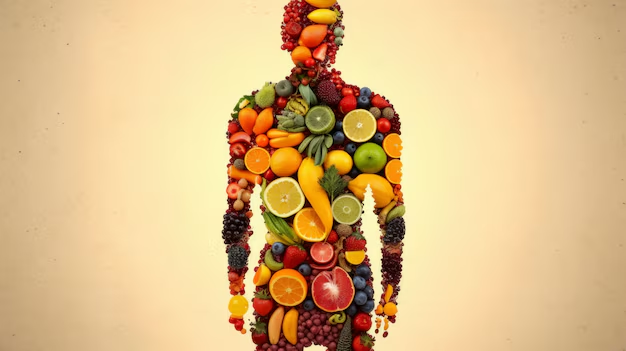Ayurveda for Digestive Health: Ancient Wisdom for Modern Problems
Ayurveda for Digestive Health: Ancient Wisdom for Modern Problems stands out as a timeless system that offers profound insights into maintaining digestive wellness. Originating thousands of years ago in India, Ayurveda views digestion not just as a process of breaking down food but as a cornerstone of overall health and well-being. By understanding and applying Ayurvedic principles, individuals today can address digestive issues effectively and achieve lasting balance in their bodies.
Understanding Digestion in Ayurveda

Ayurveda categorizes digestion into three primary doshas or energies: Vata, Pitta, and Kapha. Each dosha governs specific aspects of digestion:
- Vata: Controls movement and is responsible for activities like peristalsis (intestinal contractions) and elimination.
- Pitta: Manages digestion and metabolism, including the production of digestive enzymes and acids.
- Kapha: Provides structure and lubrication, ensuring the smooth functioning of digestive organs.
According to Ayurveda, an imbalance in any of these doshas can lead to digestive disturbances. For instance, excess Vata may cause gas and bloating, while aggravated Pitta can result in acidity and inflammation. Kapha imbalance might manifest as sluggish digestion and heaviness after meals.
Ayurvedic Practices for Digestive Health
1. Mindful Eating (Ahara)
Ayurveda emphasizes the importance of mindful eating practices to optimize digestion:
- Eat According to Your Constitution: Tailor your diet to your predominant dosha(s). For example, Vata types benefit from warm, nourishing foods, while Pitta types should opt for cooling, less spicy meals.
- Eat Fresh, Seasonal Foods: Incorporate seasonal fruits, vegetables, and grains, as they are easier to digest and harmonize with nature’s rhythms.
- Avoid Overeating: Eat until you are about 75% full to prevent overburdening your digestive fire (Agni).
2. Balancing Agni (Digestive Fire)
Agni, or digestive fire, plays a crucial role in breaking down food and extracting nutrients. Ayurveda offers ways to maintain and strengthen Agni:
- Herbal Support: Herbs like ginger, cumin, and fennel can be brewed into teas or added to meals to kindle Agni.
- Fasting: Periodic fasting or lighter eating days can help reset and strengthen Agni.
- Spices: Incorporate digestive spices such as turmeric, coriander, and cardamom in cooking to enhance Agni and improve nutrient absorption.
3. Lifestyle Adjustments
Ayurveda underscores the holistic nature of health, advocating lifestyle adjustments to support digestive balance:
- Daily Routine (Dinacharya): Establishing regular meal times and bedtime routines can help regulate digestion.
- Yoga and Exercise: Gentle yoga postures (asanas) and regular exercise improve circulation and digestion.
- Stress Management: Stress disrupts digestion; practices like meditation and deep breathing can mitigate its effects.
4. Ayurvedic Cleansing (Panchakarma)
For deep-seated digestive issues or seasonal cleansing, Ayurveda prescribes Panchakarma therapies:
- Oil Massage (Abhyanga): Massaging with warm oils promotes detoxification and balances Vata.
- Detoxifying Therapies: Procedures like Virechana (therapeutic purgation) or Basti (enema therapy) cleanse toxins from the digestive system.
Integrating Ayurveda into Modern Life
Incorporating Ayurvedic principles into a modern lifestyle can yield profound benefits for digestive health. By understanding your unique constitution and adjusting diet and habits accordingly, you can harness Ayurveda’s wisdom to prevent and alleviate digestive issues effectively.
Conclusion
Ayurveda for Digestive Health: Ancient Wisdom for Modern Problems offers a holistic approach to digestive health that goes beyond symptom management to address the root causes of imbalance. By embracing its principles of mindful eating, lifestyle adjustments, and herbal support, individuals can cultivate robust digestive health and overall well-being. As Ayurveda continues to gain recognition globally, its timeless wisdom provides a roadmap for navigating the complexities of modern digestive challenges, offering a path to sustainable health and vitality.








Leave a reply